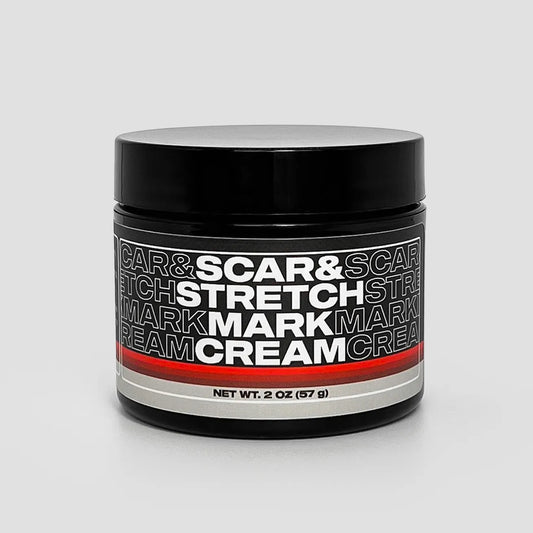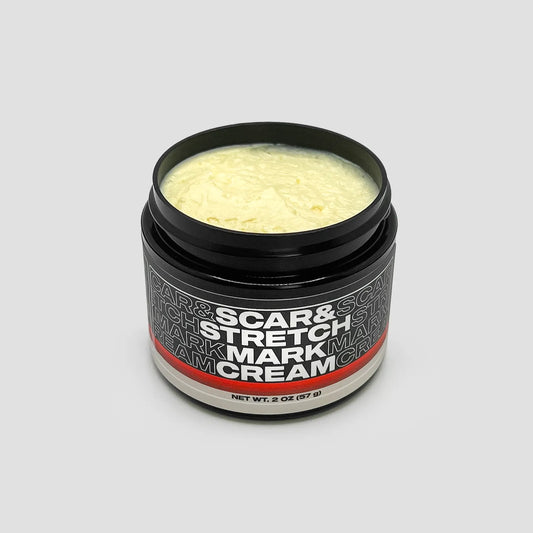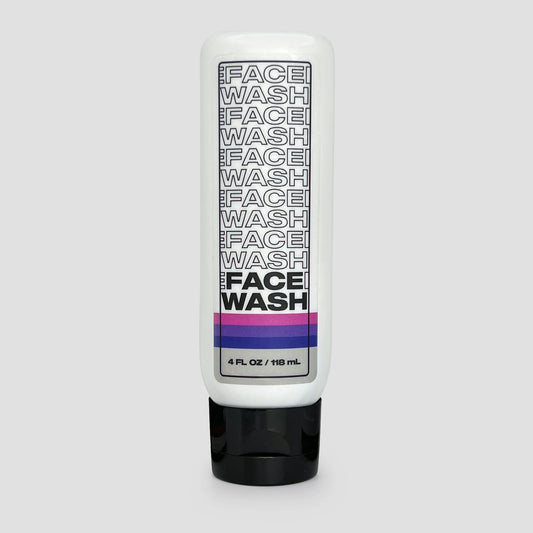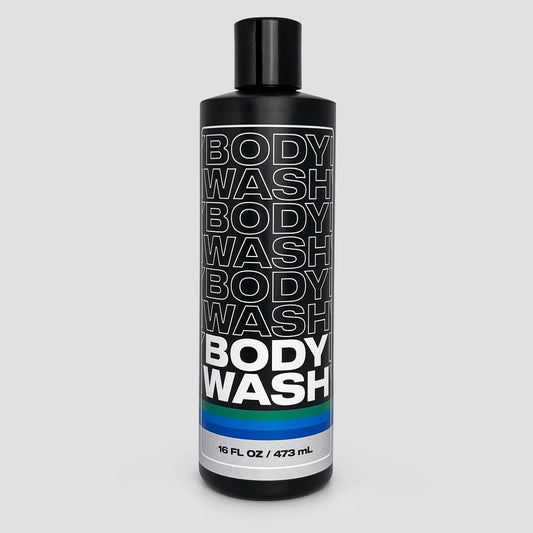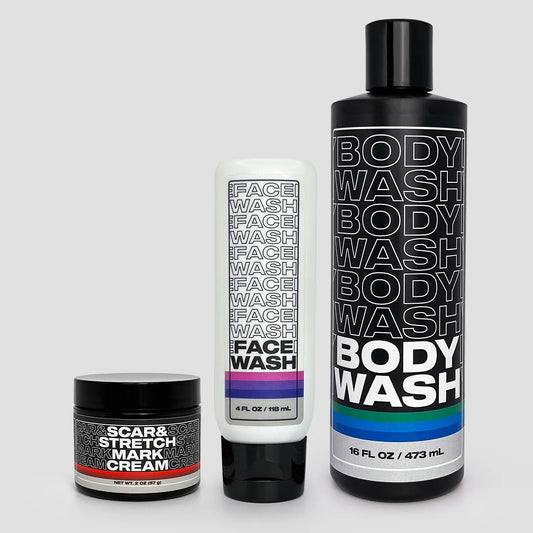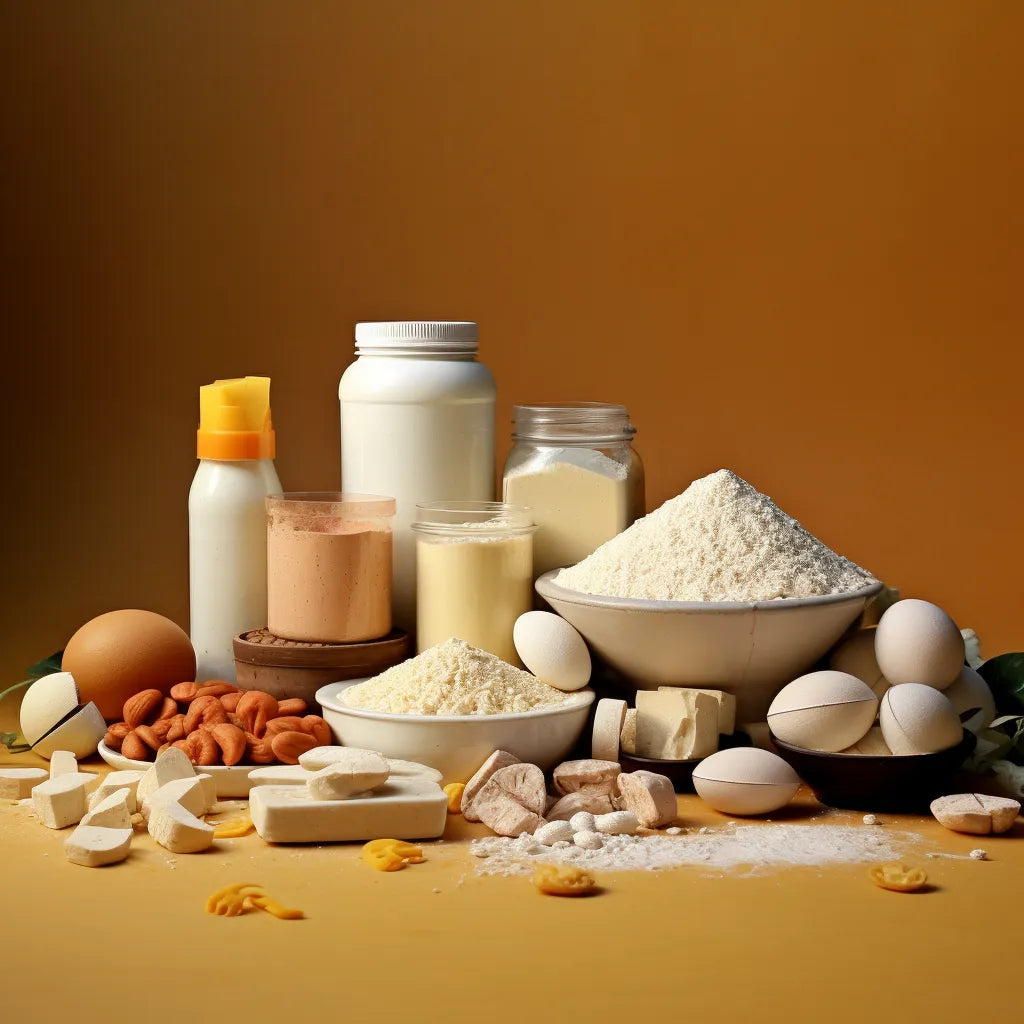

Protein is not just a nutrient; it's a lifeline fueling your fitness journey. The question is, "Which protein should you let steer the wheel?"
With the vast protein supplement market, choosing between whey and collagen protein can be a headache. It's a vital decision that could make or break your fitness goals.
Well, worry no more! We're here to guide you through the protein fog. We'll delve into the strengths, weaknesses, and fitness applications of both whey and collagen protein.
By the end of this showdown, you'll be armed with all you need to know to make an informed decision about your fitness regimen.
What are the benefits of whey protein?
Whey protein is a complete protein source, meaning it harbors all essential amino acids that your body can't produce. Its high leucine content makes it a favorite for stimulating muscle protein synthesis and recovery after intensive workouts. It's absorbed rapidly, spiking your blood amino acids and protein synthesis (source).
What are the advantages of collagen protein?
Despite being incomplete in terms of amino acids, collagen protein has unique benefits. It's rich in glycine, proline, and hydroxyproline—amino acids vital for joint and skin health. It supports skin elasticity and hydration, which might help to delay skin aging signs and manage scars and stretch marks (source).
How To Choose Between Whey and Collagen Protein
The first step in choosing between whey and collagen protein is determining your fitness goals. Here's a simplified guide on how to make an educated choice:
1. Identify Your Specific Goals
Are you focused on muscle gain and strength? Then whey protein with its muscle-friendly leucine could be your ally. If your goals are skin health and smoothness, as well as joint support, lean towards collagen protein.
2. Assess Your Dietary Pattern
If your diet is protein-rich, slightly incomplete collagen protein wouldn't hurt. If you're vegetarian or struggle to meet your protein needs, prefer complete protein sources like whey.
3. Examine Allergies and Intolerances
Some people are intolerant to lactose found in whey protein. In this case, collagen can be a good alternative.
Can I combine whey and collagen protein?
Yes, it's possible to combine whey and collagen protein, thus maximizing on the benefits of both proteins and covering a broader amino acid profile. However, this should be based on your individual nutritional needs and fitness goals (source).
Are there natural sources of whey and collagen protein?
Yes. Whey is found in dairy products like milk and yogurt. Collagen is present in bone broth and fish skin. However, it's hard to get enough from diet alone, hence the need for supplements.
Empowering Your Fitness Journey with the Right Protein
As you can see, whey and collagen proteins both have unique strengths and applications. The right protein for you largely depends on your specific fitness and health goals—it's not a one-size-fits-all.
Refresh Your Knowledge
- Whey protein: excellent for muscle recovery and building, rapidly absorbed, and has all essential amino acids.
- Collagen protein: great for skin health, joint support, and can be good for those with dairy intolerance.
- Choosing between them should consider your specific fitness goals, dietary patterns, and potential allergies or intolerances.
So, take charge of your fitness journey. Understand your body, your goals, and make protein choices that align with them. Remember, every step you take is sculpting a stronger, healthier you.
